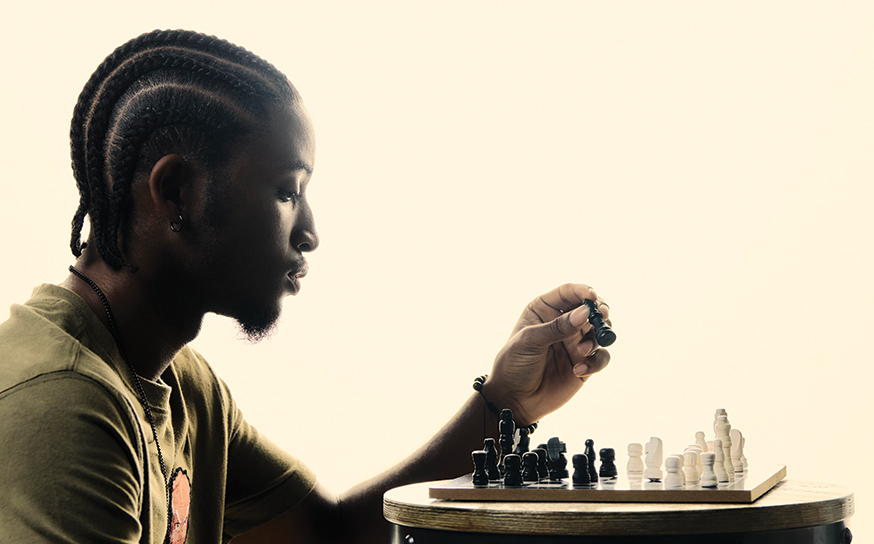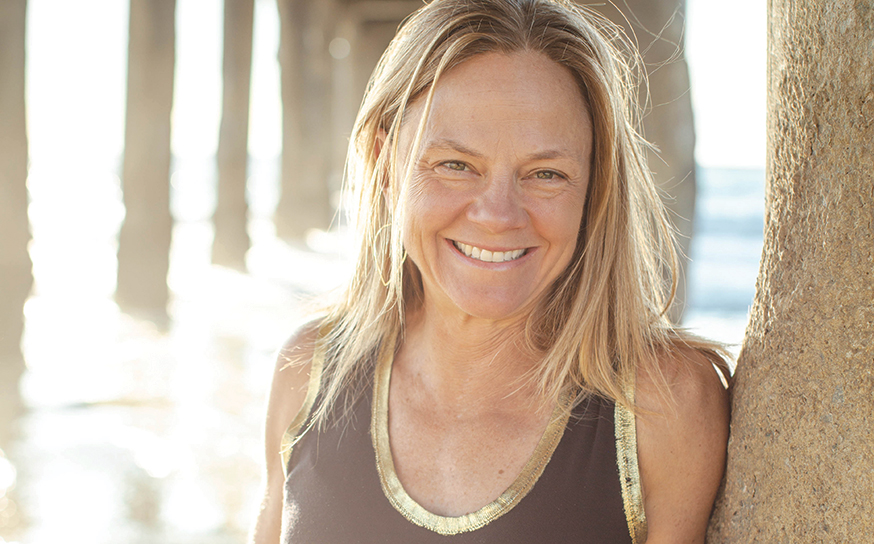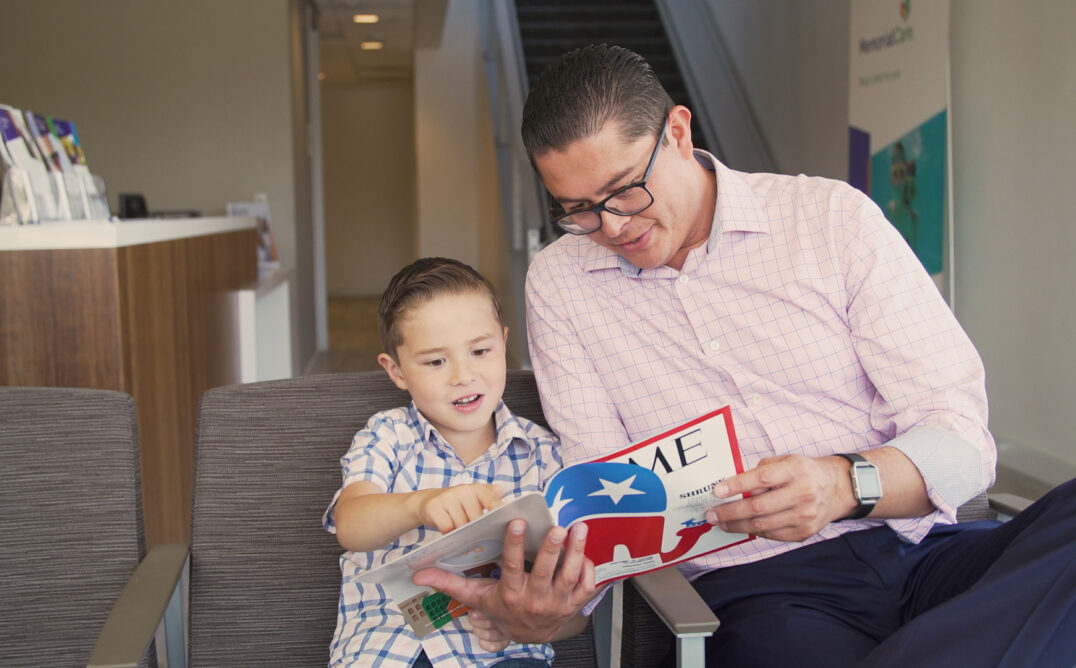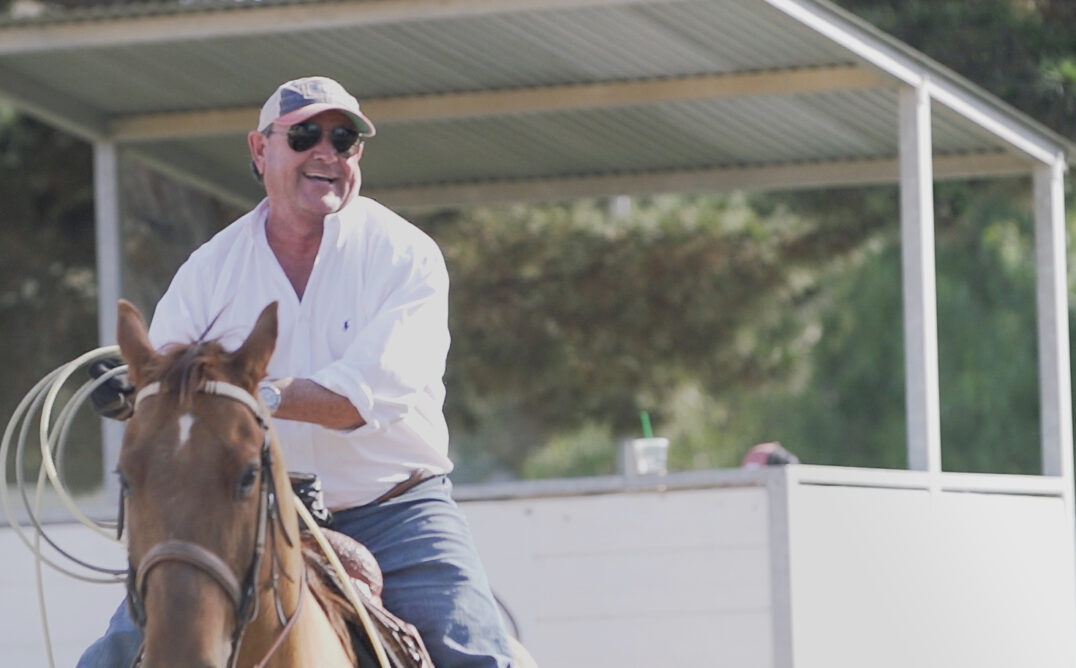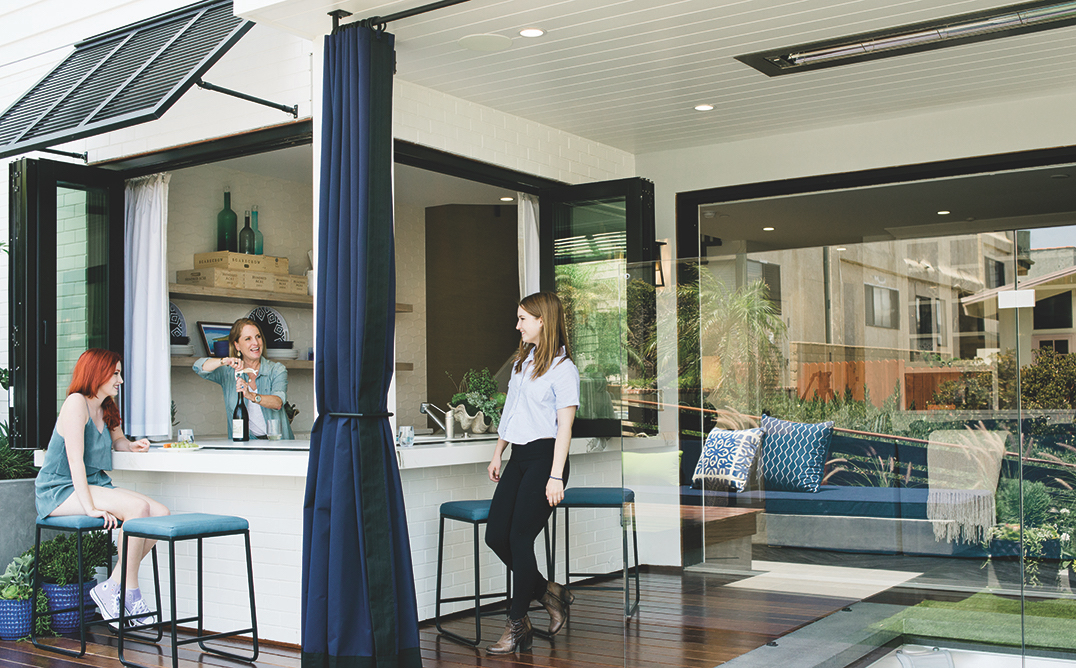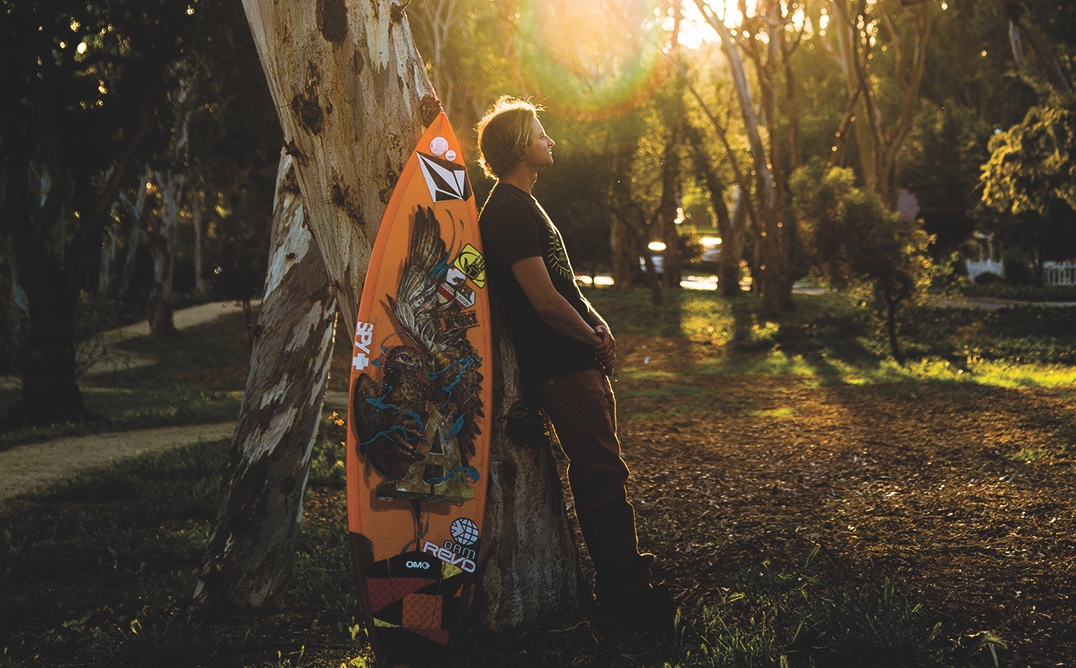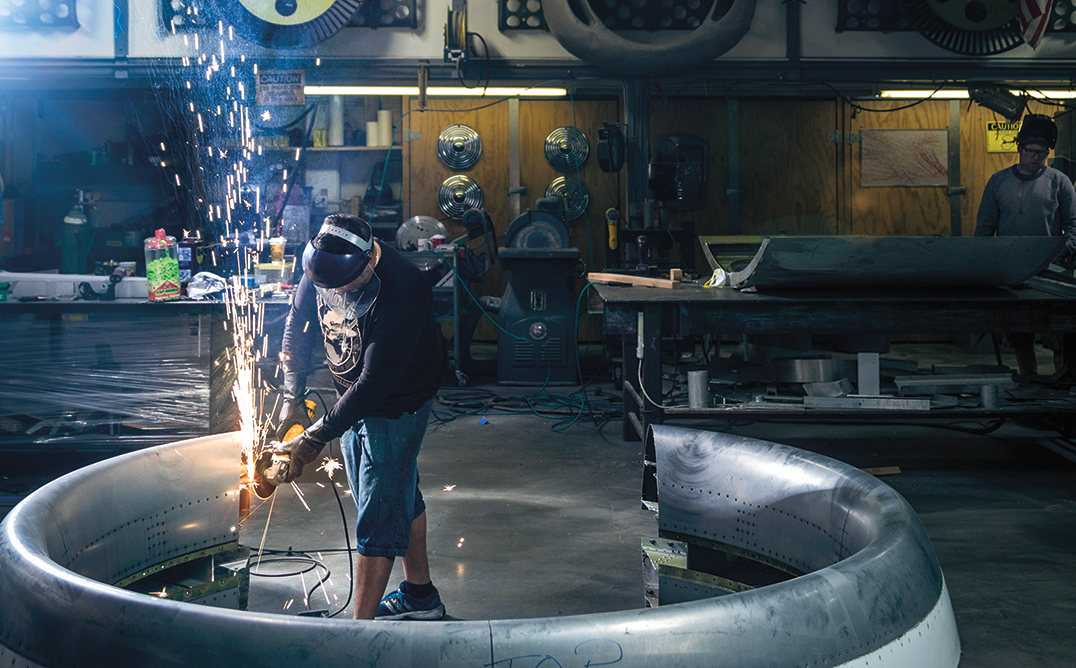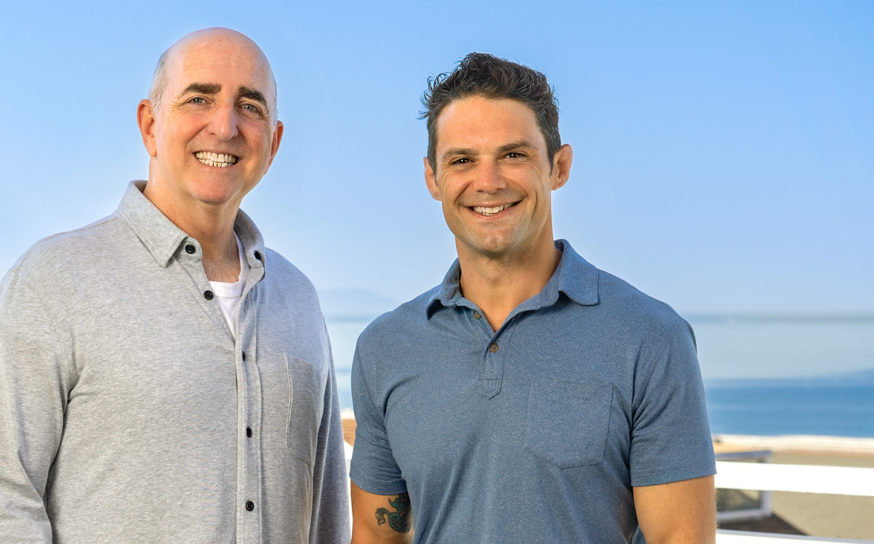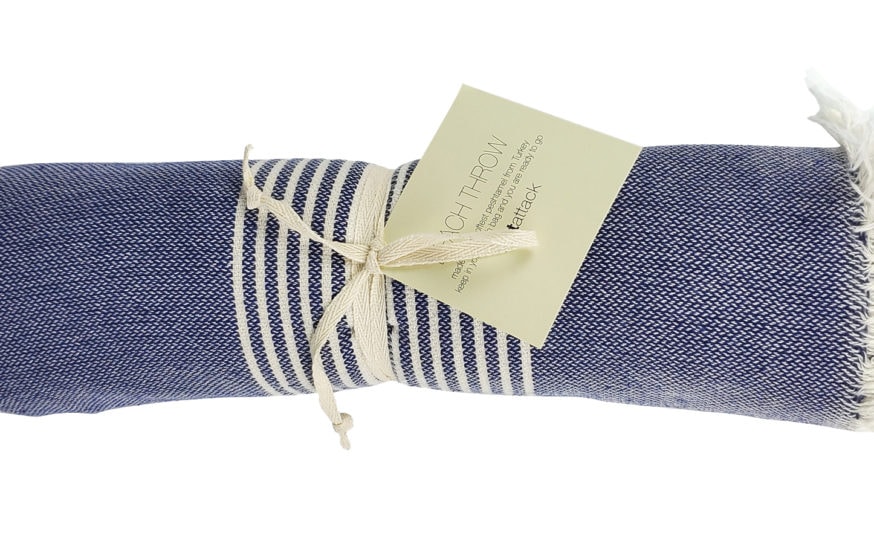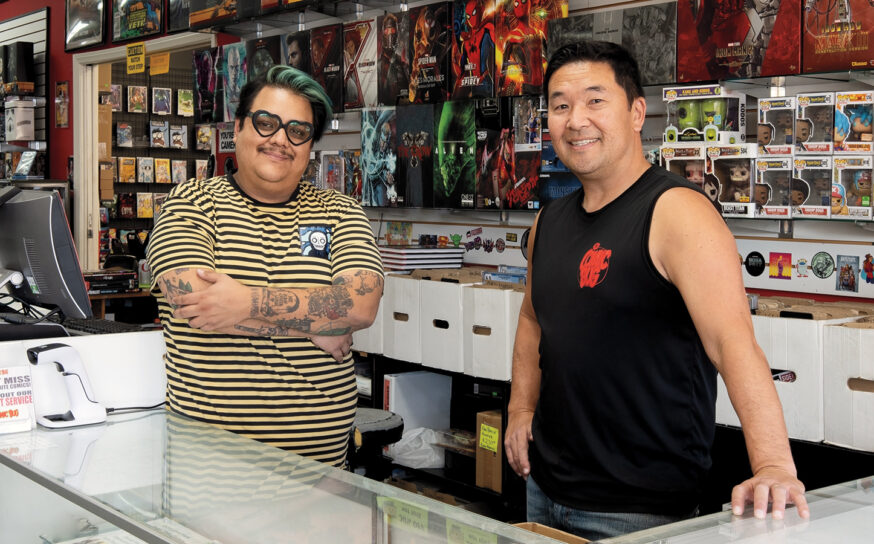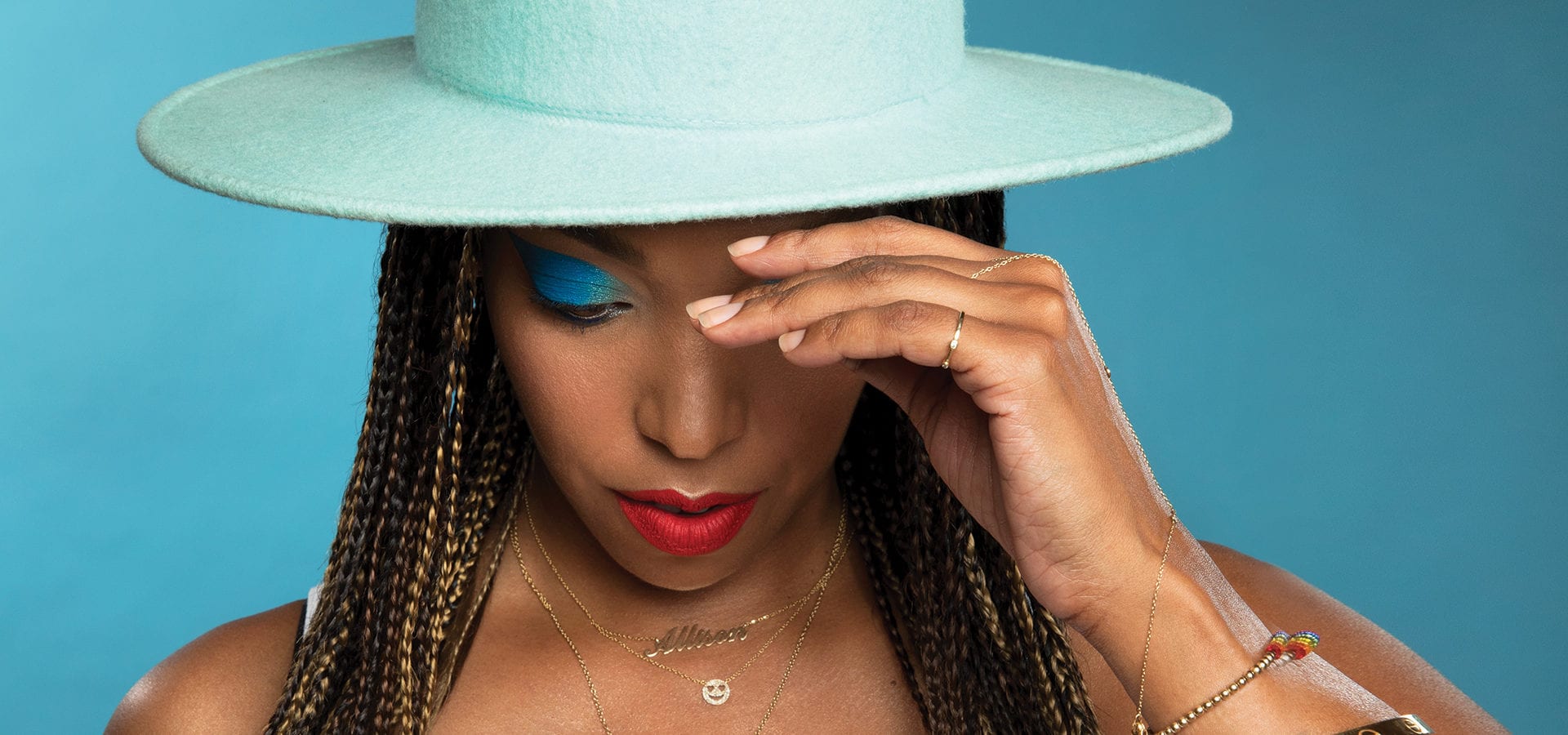
U.K.-born Allison Hales Shares Her Long but Fulfilling Road to Manhattan Beach
Don’t stop.
- CategoryPeople
- Interviewed byDarren Elms
- Photographed byMonica Orozco
- Makeup byAna Safazada
- Allison wears a hat by Esenshel, esenshel.com
Above
 You grew up in London and started your early career in the music industry there. Why did you choose music?
You grew up in London and started your early career in the music industry there. Why did you choose music?
I don’t think I chose music; I think music chose me. My earliest memories are of music. Music was everywhere. My parents made sure of that. My dad was White and very British; my mum is Black and hailed from Jamaica. Together their choices in what made them sing and dance had a profound impact on my life—whether it was the soul and reggae from my mum or the unforgettable tunes of Fleetwood Mac that my dad would play over and over.
Tragically, my dad was involved in a bicycle accident when I was 18, and he didn’t survive. I loved my parents, and this loss shook our family to the core. I miss him every day, but the one thing that I still hold close to my heart is his love for music and what he loved to listen to. In fact, just last night I was playing one of his albums on his 1983 Linn Sondek beloved record player. When that turntable moves, I can feel the energy and spirit of my dad. It’s a glorious feeling, and it’s the music that connects us and brings him close.
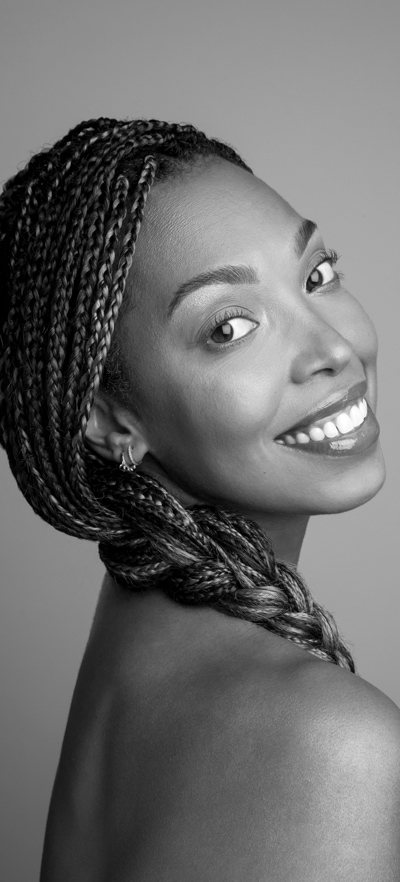 When and why did you make the move to the U.S.?
When and why did you make the move to the U.S.?
The playlist of my youth without a doubt was focused on artists that emanated from across the pond in the U.S., namely artists like Whitney Houston, Sade, Madonna and Mariah Carey.
After graduating in 2003 from London Guildhall University with a bachelor’s degree in marketing and communications, my dream became a reality in the fall of 2003. At the age of 23, I landed a job as an artist manager after a chance meeting with Jerry Blair, who at the time was Mariah Carey’s manager. Jerry was in a partnership with Rich Isaacson, and together the two of them had just started an artist management company.
The next eight years were instrumental to me learning and understanding all aspects of the music industry, including getting firsthand access to world-acclaimed artists and executives within the music industry. One thing that really stood out to me was the incredible work ethic that both Rich and Jerry applied to their craft. I was so fortunate to have these two men as my mentors.
Early on, they discovered Mika (you may know him by his #1 hit “Grace Kelly”), and I became his day-to-day manager—traveling the world with him for over 14 years. He was one of the most talented artists I’ve ever had the pleasure to work with.
In 2011, I decided to leave Rich and Jerry and make the leap to become an independent tour manager. I packed up my home in New York and headed for Los Angeles. What attracted me to L.A., apart from the sunshine, was the opportunity to continue working with Mika as well as developing and building a new, expanding client base with such talented artists as Nine Inch Nails, Cassie and Common.
What drew you specifically to the South Bay?
Training for triathlons, actually. It took me a while to find a place to call home; I’d been in America since 2003 and never put down roots. Moving to Manhattan Beach two years ago—for the first time since I moved to America in 2003, I felt like a part of a community. People here were kindhearted and cared about their neighbors.
You’re now at Strand Hill | Christie’s International Real Estate. Why did you transition from the music industry to real estate?
I got to work with some of my and my parents’ music icons, namely Tommy Mottola, who was instrumental in the careers of so many legendary artists—it still feels surreal. But eventually I craved a slower life. I also found new passions in architecture and introducing people to their dream home. Just a year before I became a real estate agent, I found my place and tribe in Manhattan Beach, and it inexplicably fulfilled me. I love that now I help other people discover that feeling.
The Black Lives Matter protests of late spring inspired a renewed call for change. How did it impact you personally?
Racial injustice isn’t new to me. When I moved to the States, I slowly learned about African American history because we aren’t taught that in England. My experience is different, as I’m not African American—I’m British and Jamaican. Learning about my African American friends’ histories felt necessary, and I wanted to understand their perspective.
Until 2017 I had been working around the clock without much time for self-reflection on my past or my history. I am not sure whether this was just a function of youth or whether it was the fact that I was singularly focused on trying to move as quickly as I possibly could in an industry that is nonstop. So it was during my time working with Common in 2017 and being exposed to his passion for racial injustice that I remembered what I had been suppressing and trying to forget for many years.
When I was 13 years old, one of my closest friends, Stephen Lawrence, was murdered. Our families were incredibly close. His father was my sister’s godfather. I’d known him all my life. He was like a big brother, and at just 18 he had his whole life ahead of him. Stephen’s murder was the result of a racial hate crime at the hands of five white men, all of whom were a similar age as him. It was devastating.
Dealing with and confronting this tragic loss for a second time was heartbreaking. As a 13-year-old girl, it’s difficult to process. But now, being a woman of color and in my late 30s, this injustice is all the more relevant. I really began to question if indeed there has been any progress on systemic racism, and the events of the past few months have sharpened my focus.
One of the ways you’re fighting for equality is through Pop the Bubble. What work are you doing as an organization?
What began as soccer mums wanting to give kids a voice during the recent BLM protests—and the public outcry and conversations it sparked—turned into a determination to empower children to be the change within their communities. Pop the Bubble was launched as a nonprofit 501(c)(3).
On June 6, Pop the Bubble on Racism—a protest for kids—brought a moving, insightful and educational event to a diverse audience. Kids of white, black and brown skin marched together, holding signs calling for racial injustice to end. The kids used their voices to speak to their own experiences with racism. The community heard them, saw them and listened.
After meeting the founding members, I expressed how much I respected their commitment to change through children and education. I was asked to be on their board and serve as director of marketing, and I am fully committed to their mission and goals.
Our newest initiative, “Read It Like You Mean It,” is launching this September and aimed at putting more multicultural books with teaching programs into teachers’ classroom libraries to give kids the chance to read and learn about others who are different from them. We are asking for donations from the public so they can get these valuable books into classrooms. Details are on our website.
That’s incredible. As someone who looks hopefully to the younger generations, what message do you have for them?
Keep learning. Know that you have power to be the change that is needed by voting and by wanting to learn about things outside your race. For young women of color, I just want you to dream big, work hard, stay focused and surround yourself with good people. Dreams do come true.
Southbay ‘s Annual Spring Style Guide Has the Latest Fashion Trends, Jewelry, Home Goods and Gifts!
Shop local and support our amazing businesses.







